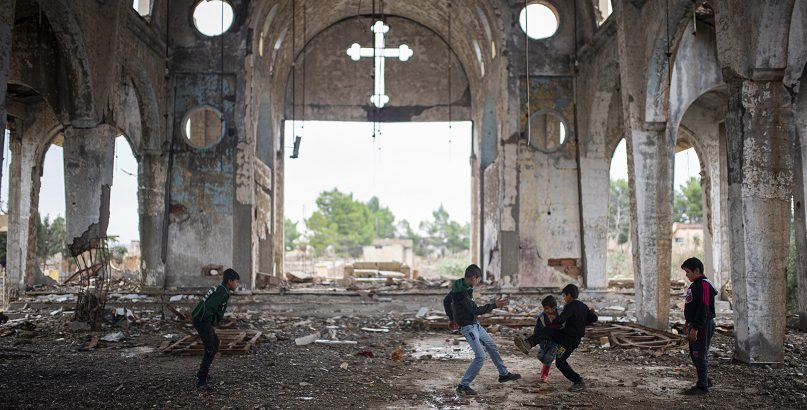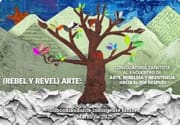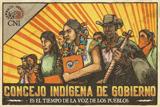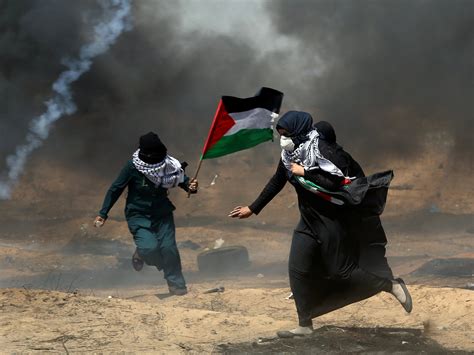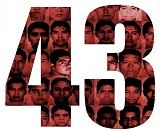Sorry, this entry is only available in Español. For the sake of viewer convenience, the content is shown below in the alternative language. You may click the link to switch the active language.
El amanecer del miércoles 18 de diciembre del 2020 el Estado, en un crescendo de represión y siguiendo fielmente la doctrina de «Ley y Orden», desalojó las tres casas de la Comunidad de Okupas del barrio Koukaki. Esa mañana nuestros barrios se llenaron de cada tipo de policía, antimotines, agentes de los Grupos de Prevención y Represión de la Delicuenncia (OPKE) y de la Unidad Especial Represiva y Antiterrorista (EKAM) que no sólo parecían a un ejército de ocupación sino actuaron como tal. Bloquearon las calles alrededor de las casas okupadas, impidieron a lxs vecinxs moverse libremente, lanzaron granadas aturdidoras en un barrio residencial densamente poblado, provocando terror a lxs niñxs que en estos momentos iban a la escuela. Pidieron las identificaciones a la gente solidaria que llegaba, detuvieron cinco compañerxs sin ninguna justificación y nunca dejaron a lxs demás acercarse a las casas okupas. En la casa de la calle ‘Matrozou 45’, después de la fuerte resistencia que opusieron lxs okupantes, los maderos, no pudiendo arrestar ninguno, irrumpieron autoritariamente y sin permiso, a una casa vecina y no dudaron no sólo en golpear brutalmente lxs residentes y detenerlos dentro de su propia casa sino también en fabricar acusaciones infundadas de que formaban parte de la okupa. En la casa-okupa de la calle Panetoliou, dispararon en el interior con balas de goma que las nombraron «pelotas de goma», como si así se disminuyera el dolor y las contusiones en los cuerpos de lxs okupantes.
Aliados – y quizás coorganizadores de este operativo maquiavélico – eran los medios leales al sistema. Llegaron a las casas okupas antes de la policía y montaron una «fiesta» de desinformación y de prensa amarilla. Se apresuraron a informarnos del perfil «cruel» de lxs okupantes, ocultando el hecho de que no hubo ni un vecino apoyando a la policía. Al contrario, muchas voces se levantaron contra las fuerzas represivas y las ordas goebbélicas de los medios.
En los barrios de Petralona, Thisseio y Koukaki sabemos muy bien que las okupas no son parte del problema. Parte de problema son ellos que imponen la gentrificación para poder estafar con nuestras vidas. Ellos que transformaron nuestros barrios a zonas de entretenimiento desalojándonos de nuestras casas porque nuestras carteras no pesan tanto para satisfacer sus exigencias canibalísticas y devoradoras. Parte del problema son los indignantes aumentos de los precios de las rentas, los bancos y el estado que nos despojan de nuestros hogares.
Las okupas son parte de la respuesta. La respuesta de lxs de abajo, nuestra respuesta. En un mundo donde prevalece el afán de lucro, nosotrxs anteponemos la solidaridad, la resistencia, la autoorganización. En una sociedad que respeta a la propiedad más que a la dignidad humana, recuperamos edificios vacíos para cubrir nuestras necesidades básicas, de vivienda y de socialización. Construimos redes sociales, nos organizamos y luchamos en nuestros barrios.
Manifestación de solidaridad el lunes 23 de diciembre 2019, a las 18:00.
Punto de concentración: Parque Infantil de Koukaki.
Nada se termina, todo comienza hoy!
Solidaridad con lxs detenidxs de la Comunidad de las Casas-Okupas de Koukaki!
Solidaridad con las Okupas!
Comunidades en lucha en cada barrio!
Okupa de PIKPA.
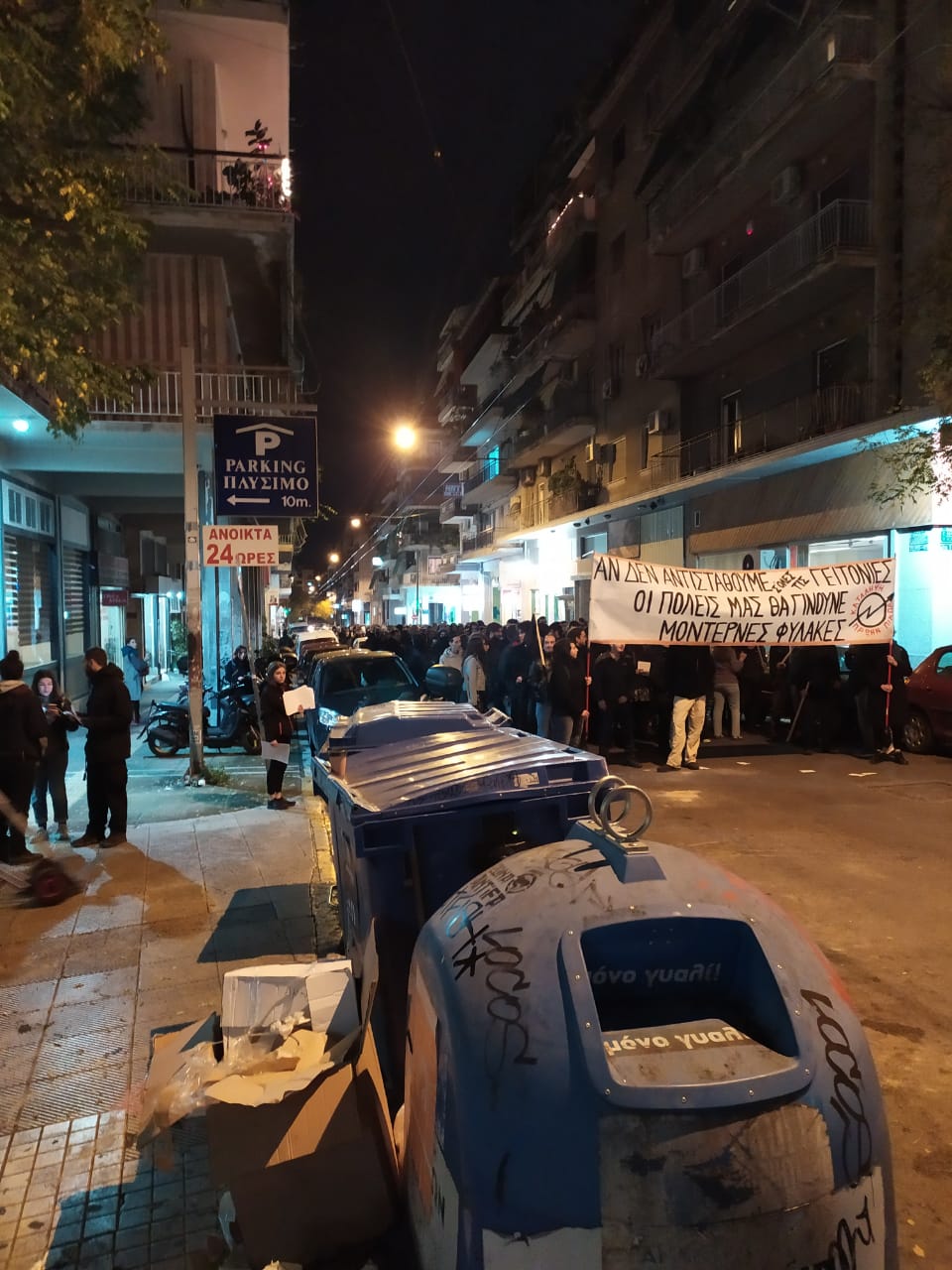
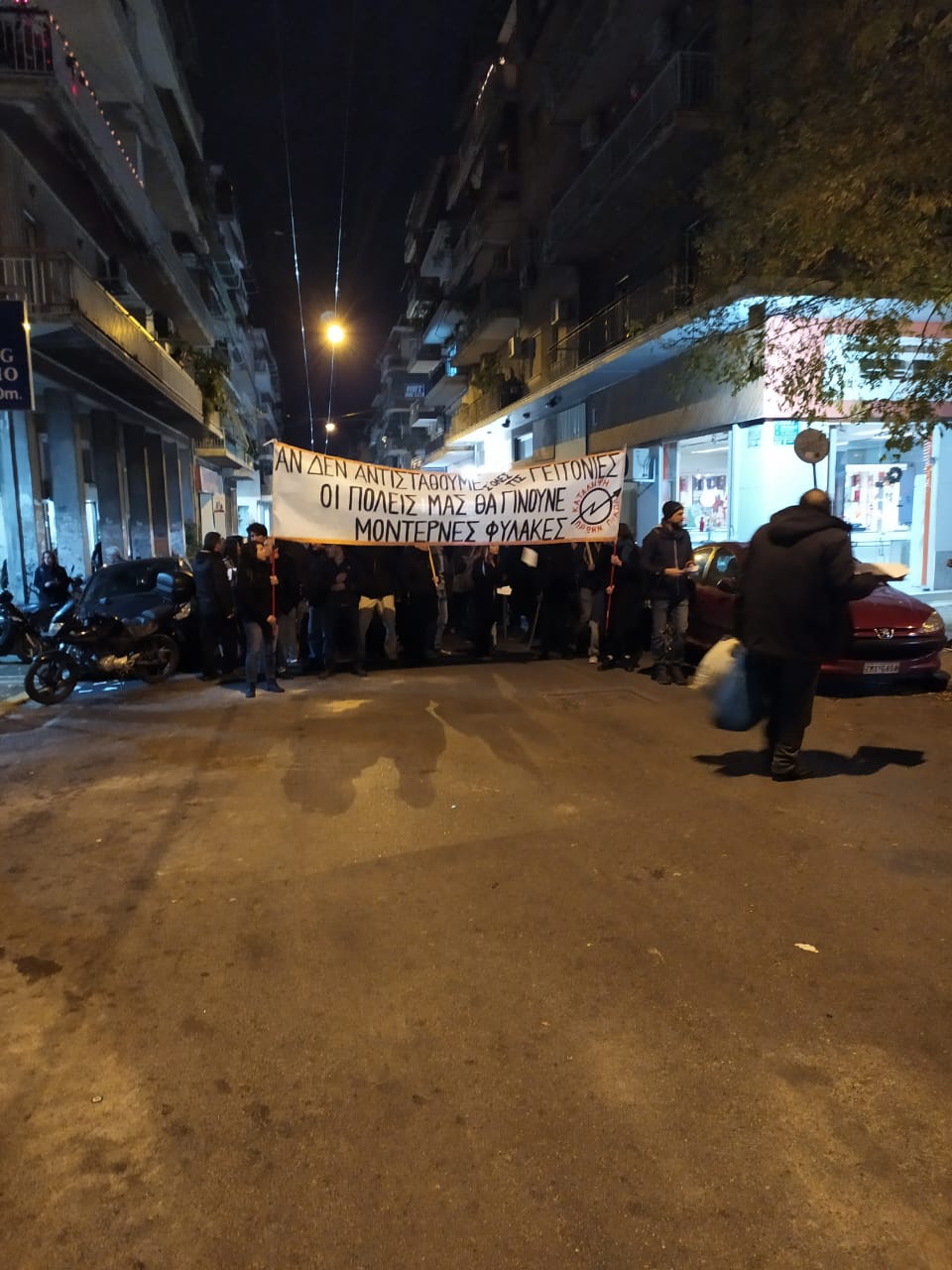

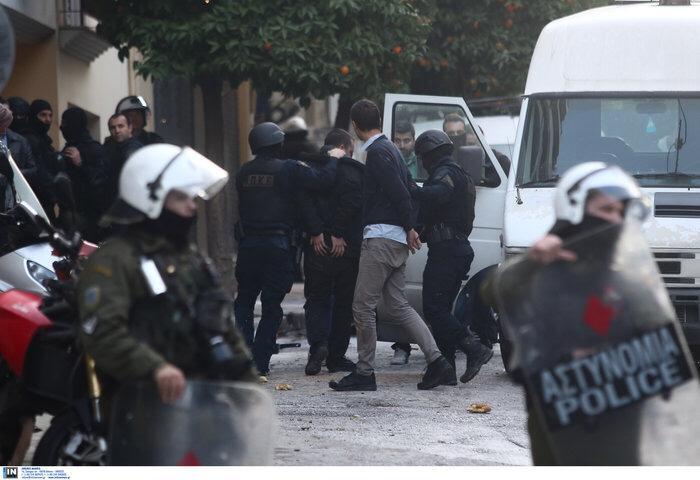
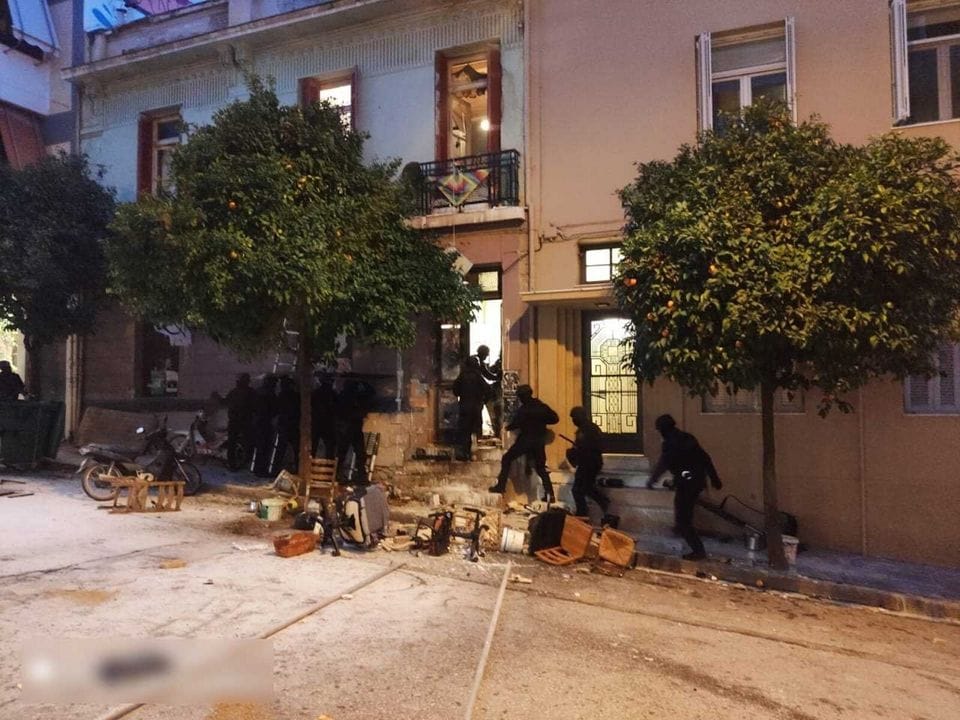
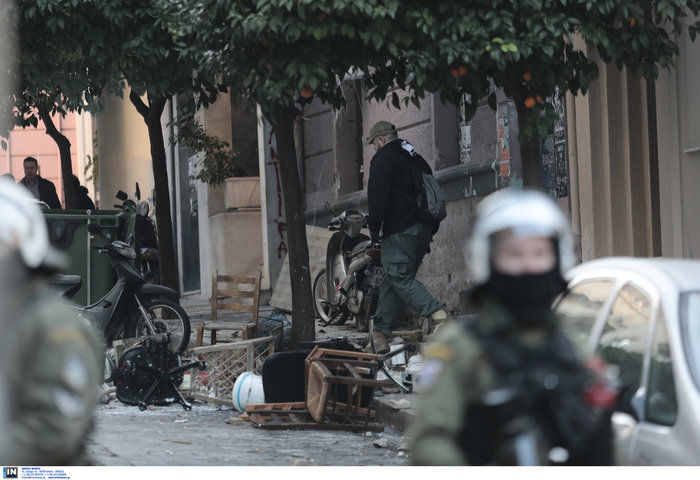
Fuente: Enlace Zapatista



